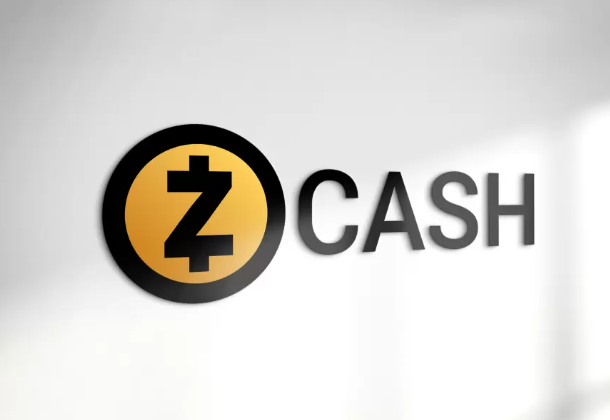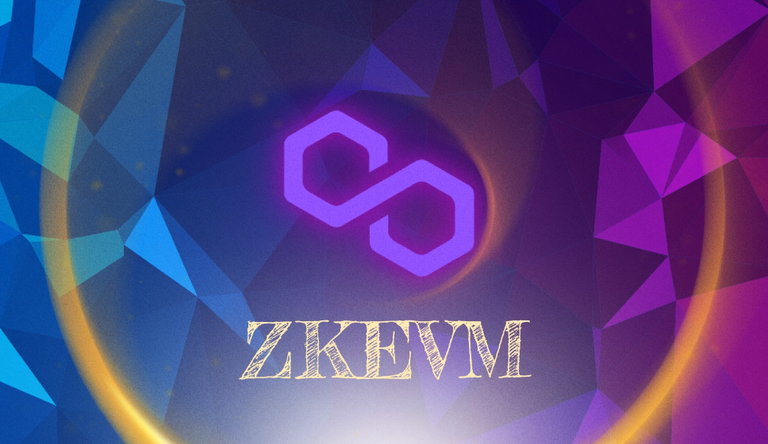One of the major issues with first-generation cryptocurrencies like Bitcoin and Ethereum is their lack of privacy. Since all transactions on these blockchains are written transparently to a public ledger, you may feel uncomfortable using these cryptocurrencies to make purchases.

Traditional Banks vs. Crypto
If you leave your money in a traditional financial institution, your transactions are shielded from public view, because only your bank has access to your payment history.
By storing their customer's transactions in a private database, banks provide citizens with a modicum of financial privacy. That said, your spending habits are completely known to your bank, and could be made known to any third-party that your bank chooses to share your data with, or any hacker that manages to break into their database.
Only the super wealthy can afford the privacy of a Swiss-like or Cayman Islands bank account, where the rich can keep their finances hidden from institutions and government oversight. Cryptocurrencies have leveled the playing field to a degree, providing different levels of privacy to average citizens.
Starting With Pseudonymization
Bitcoin is what's known as a pseudonymous cryptocurrency, meaning that its users can hide their real-world identities when they transfer Bitcoin among themselves. That said, each transaction is posted to Bitcoin's public ledger, where they can easily be linked to one another using chain analysis software.
While transactions on the Bitcoin ledger can be traced, the truth is that no one knows if you're sending Bitcoin to yourself or to another person until the address of one of the transactions in the chain hits a registered bank account, where it can be associated with a real-world identity.
If we lived in a world where everyone transacted using pure Bitcoin, the payment network would remain pseudonymous. But the reality is that most people are trading Bitcoin using traditional bank accounts, negating the pseudonymous privacy that the cryptocurrency offers.
Similar to how people prefer to make some of their purchases with cash, privacy-minded individuals don't like the idea that their Bitcoin wallets could be monitored and tracked. For that reason, computer scientists started working on privacy coins that can hide payment details such as sender, receiver, and transaction amount.
Privacy Coin Evolution
One of the first cryptocurrencies to offer private transactions was DASH. It came out in 2014 with a "private send" feature, which is similar to the tech behind a coinjoin on Bitcoin. While this did provide a method for obscuring transactions, the feature required a full node, meaning mobile applications were out of the question.
Monero is another well-known private crypto. Released in 2014, it shields user transactions from public view using something called ring signatures. Unlike DASH, where privacy is optional, all transactions are private by default when using Monero.

Zcash was then launched in late 2016. It also provided optional privacy by using something called Zero Knowledge proofs. This innovation behind Zcash is now being applied to Ethereum layer 2 solutions like Polygon's zkEVM and ImmutableX, as well as DePIN projects to verify device authenticity.
Iterating on these prior projects, a number of other privacy coins have been created over the years, for example, Zencash (Horizen), PIVX, and Verge. Some of these privacy coins have been banned by governments, meaning they are sometimes not available on centralized exchanges. That said, the decentralized network of a private cryptocurrency cannot be shutdown.
Keep in mind that all the privacy coins mentioned above were essentially experiments, meaning their long-term value cannot be guaranteed. When making an investment, it's important to consider the open-source nature of crypto. The innovative source code behind any of these private cryptocurrencies could be applied to a new cryptocurrency, which could have more real-world utility.
Privacy Can Be Applied Afterwards
At the end of the day, censorship-resistant cryptocurrencies that have actual real-world utility are the most likely to achieve mass adoption in the future. Anticipating the demands of their users, these cryptocurrencies should be engineered so that privacy can be switched on easily at any point in the future.
Some blockchain ecosystems have already taken into consideration how important privacy will be in the future, and are actively building and integrating the system components required to make transactions private.
For example, in the Cosmos ecosystem there is a project called Secret Network, a blockchain with privacy enabled smart-contracts. Secret Network has a DEX that can receive tokens from other Cosmos blockchains, swap them in private, and then send them back out to a public address.
Another privacy project under development in the Cosmos ecosystem is called Namada. Using the Zero Knowledge Proof innovation introduced by Zcash, Namada will allow users to privately trade NFTs and fungible tokens among each other in the ecosystem.
Privacy Innovations Will Be Applied To Tokens With Real-World Utility
With Zero Knowledge Proofs being applied to Ethereum layer 2 solutions like zkEVM and the Cosmos ecosystem, we can make the assumption that cryptocurrencies with real-world utility will likely take market share from these privacy coin experiments.

The question is, will cryptocurrencies like Zcash and Monero still hold significant value if the population starts using cryptocurrencies with real-world utility that have applied the same privacy innovations? Aside from their historical value, these original private blockchain experiments will likely lose significance relative to other crypto projects as time goes on.
If you learned something new in this article, be sure to check out my other posts on finance and crypto here on the HIVE blockchain. You can also follow me on InLeo for more frequent updates.
Until next time...